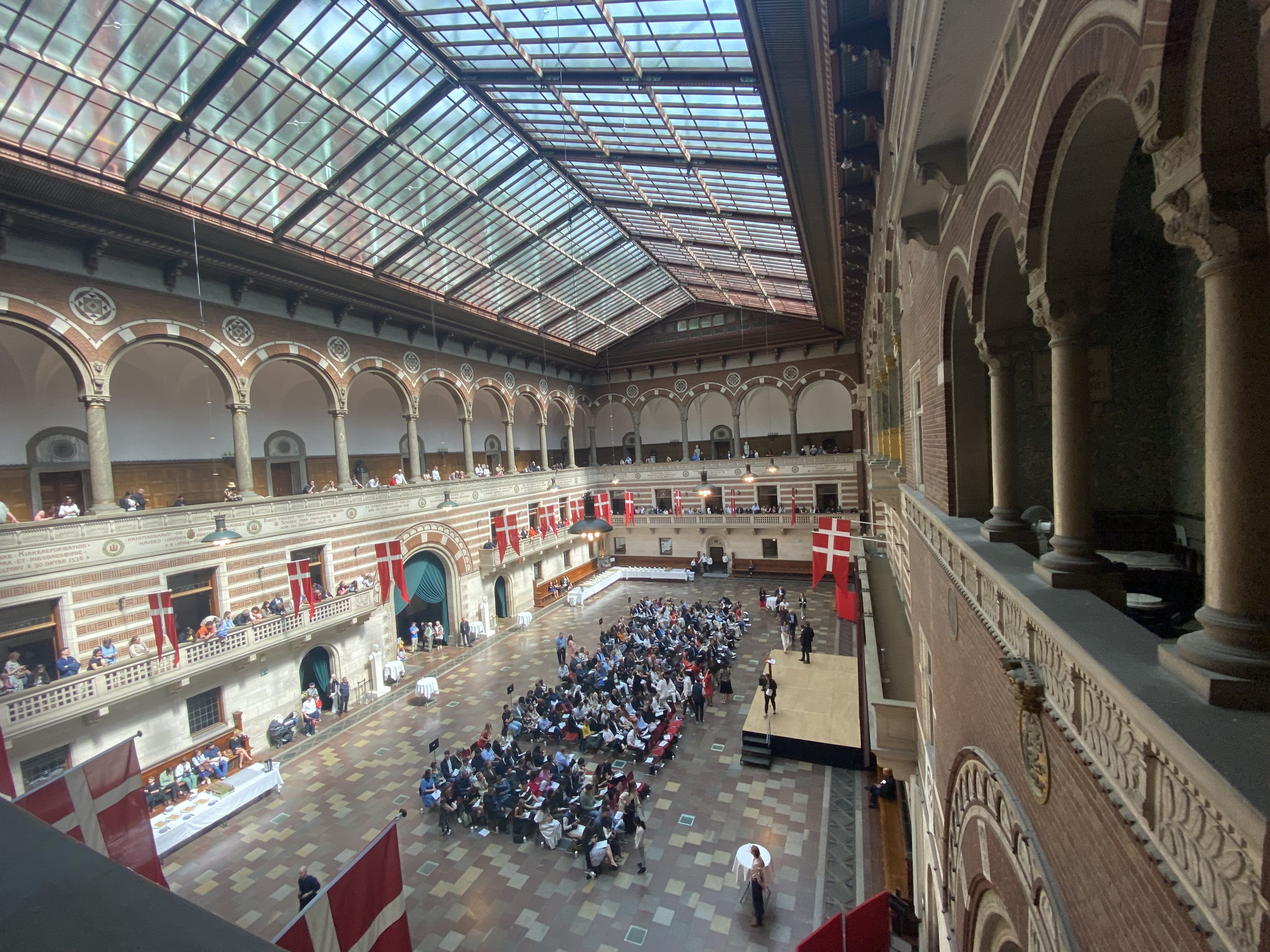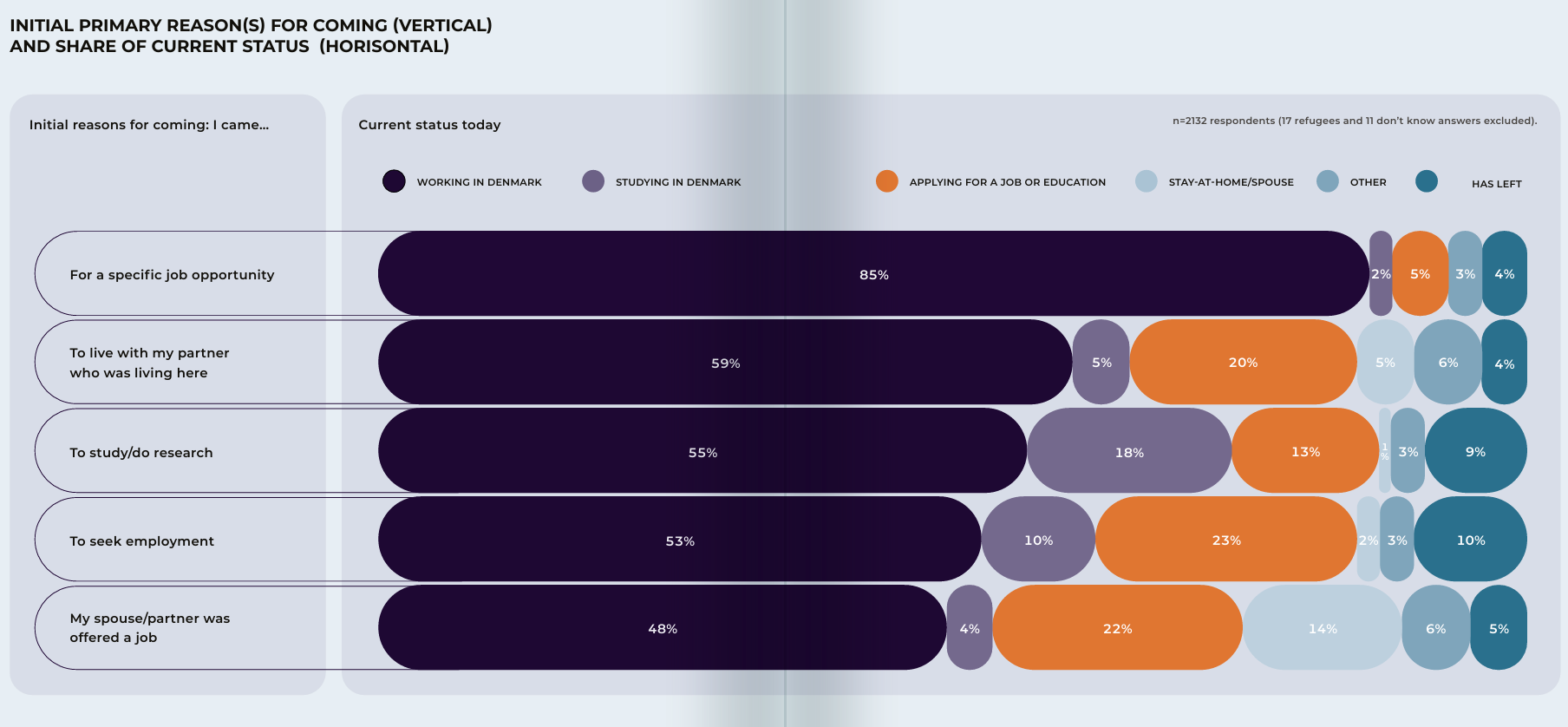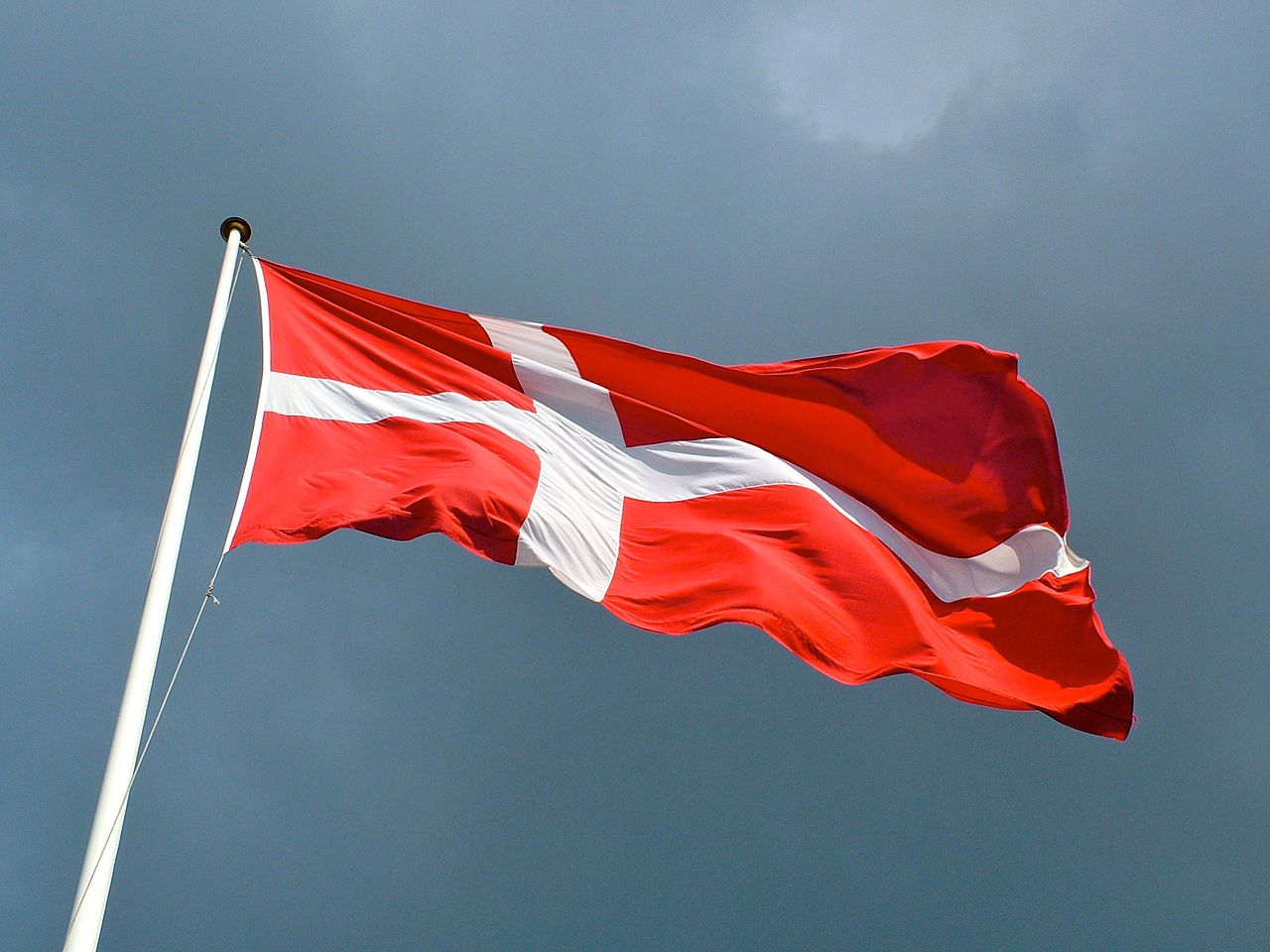Once again the electioneering cycle is here with us, and it goes without saying that immigration – as always – will be a prominent, contentious issue.
Amid dwindling hope
The last few years have seen radical reforms in regards to asylum, family reunification and the integration of foreigners. Thousands of individual lives have been affected – for worse – through these reforms.
For instance, this February the Danish Parliament passed a bill that prescribed tougher regulations for refugees. The objective was to make it crystal clear to refugees and would-be asylum-seekers that Denmark would not be their permanent home.
In a western world where populist nationalist movements are sweeping across countries, the coming election holds little hope for migrants in general – and refugees in particular.
Doomed both ways
Observers note that the general election will either retain the Lars Løkke Rasmussen-led government in power or propel the current main opposition party, Socialdemokratiet and its leader Mette Frederiksen, to government. Whichever way it goes, our (migrant) goose is already cooked.
Socialdemokratiet, just like the current Venstre-led government, has been taking a hard-line stance on immigration. It has played a critical role in the latest tightening of alien laws, allying with Venstre for the so-called ‘burqa law’ of 2018 and the ‘paradigm shift’ law passed earlier this year. We have to brace ourselves for tough times ahead.
While power games are taking shape ahead of the election (due by 17 June at the latest), lives are being affected by the recent changes. Individuals are been deported to countries such as Somalia, which most international observers still view as unsafe for repatriation.
And it’s not just the refugees and immigrants who are feeling the brunt of the tough laws. Some Danes have had to deal with family break-ups, or had to take residence abroad due to tightened family reunification laws.
Time to engage
For all our democratic shortcomings, one can only hope that positive change comes through the ballot – even though the latest drifts in Europe and North America have laid bare what 19th century Norwegian author Henrik Ibsen saw as the pitfall of the majority not always being right.
Nevertheless, we still have to believe in the democratic process and turn up our grassroots activism. As Brexit and the US elections showed us, decisions that matter cannot be left to politicians and senior citizens alone. The onus is on the youth to take the mantle and shape the outlook of their countries. And young Danes and eligible migrants in particular have to take responsibility and vote.
Expounding progressive views on Facebook and other social media will in itself not create Nirvana. Getting out, becoming engaged, mobilising and not being content with the world as it is, but rather reaching out to the world as it ought to be – as Barack Obama would say – is what will help our generation curtail the tentacles of spreading polarity politics.












